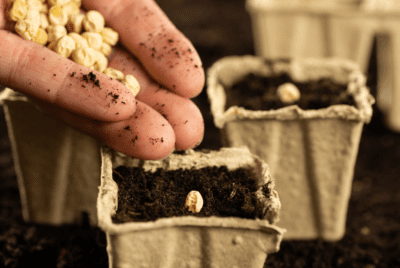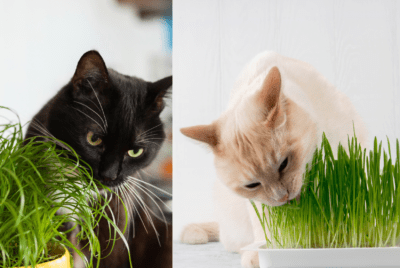RESEARCH
Horticultural Activity: Its Contribution to Stress Recovery and Wellbeing for Children
Summary
The research analyzed 400 participants to assess how different horticultural activities—indoor and outdoor plant activities, arts/crafts, and excursions—affect psychological well-being and fruit and vegetable consumption. Results showed that indoor and outdoor plant activities significantly improved well-being, and in turn, higher well-being correlated with increased fruit and vegetable intake. Interestingly, arts/crafts and excursions had no measurable effect on either mental health or dietary habits.
The study concludes that gardening enhances mental health and encourages healthier eating, especially when individuals actively grow plants indoors or outdoors. It suggests that promoting community-based and home gardening programs can be an effective strategy to support public health and nutrition awareness







